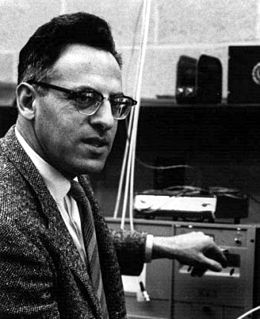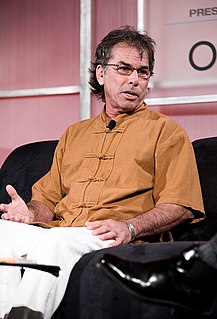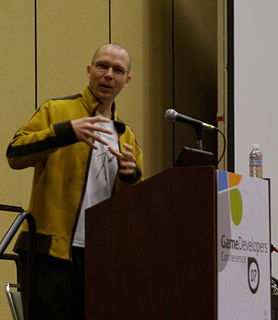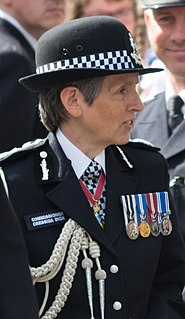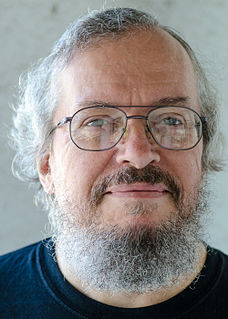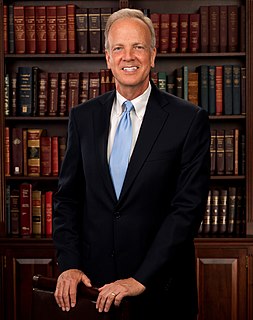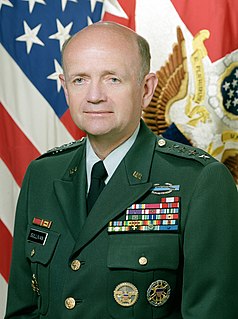A Quote by Julie Payette
The prerequisite that people have a scientific or engineering degree or a medical degree limits the number of female astronauts. Right now, still, we have about 20 per cent of people who have that prerequisite who are female. So hey, girls: Embrace the very fun career of science and technology. Look at computer science. That's what I did.
Related Quotes
You know, in college, I never got either degree, but I was a double-major in Computer Science and English. And English at Berkeley, where I went to school, is very much creatively-driven. Basically, the entire bachelor's degree in English is all about bullshitting. And Computer Science, which was my other major, was exactly the opposite of that. You had to know what you were doing, and you had to know what you were talking about.
Science fiction is fantasy about issues of science. Science fiction is a subset of fantasy. Fantasy predated it by several millennia. The '30s to the '50s were the golden age of science fiction - this was because, to a large degree, it was at this point that technology and science had exposed its potential without revealing the limitations.
You look at science fiction and look how often it talks about being alien, being alienated about the other. Look at the number of blue people - 'Avatar,' I'm looking at you. And it is now easier to find people of color in science-fiction literature and media, but the issues of representation are still really, really troubling.
If you walk along the street you will encounter a number of scientific problems. Of these, about 80 per cent are insoluble, while 19½ per cent are trivial. There is then perhaps half a per cent where skill, persistence, courage, creativity and originality can make a difference. It is always the task of the academic to swim in that half a per cent, asking the questions through which some progress can be made.
I wanted to be a scientist. My undergraduate degree is in biology, and I really did think I might go off and be some kind of a lady Darwin someplace. It turned out that I'm really awful at science and that I have no gift for actually doing science myself. But I'm very interested in others who practice science and in the stories of science.
People are saying that they want be convinced [about global warming], perfectly. They want to know the climate science projections with 100 per cent certainty. Well, we know a great deal and even with that there is still uncertainty. But the trend line is very clear. We never have 100 per cent certainty. We never have it. If you wait till you have 100 per cent certainty, something bad is going to happen on the battlefield. That's something we know. You have to act with incomplete information. You have to act based on the trend line.


